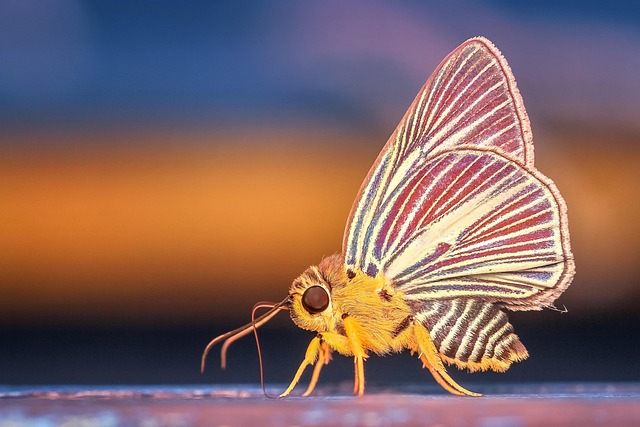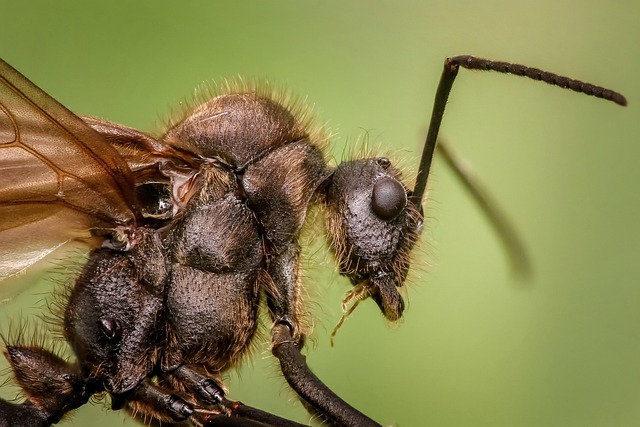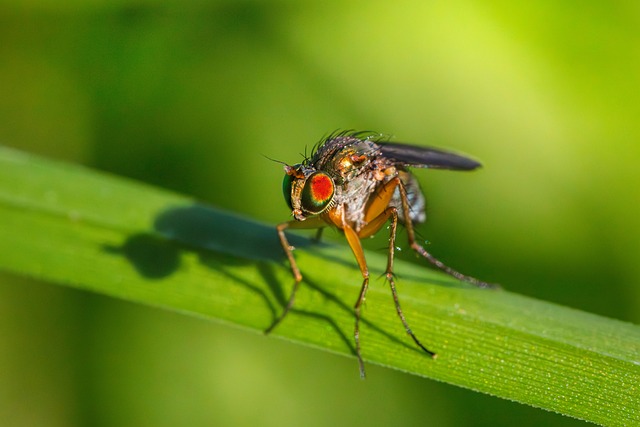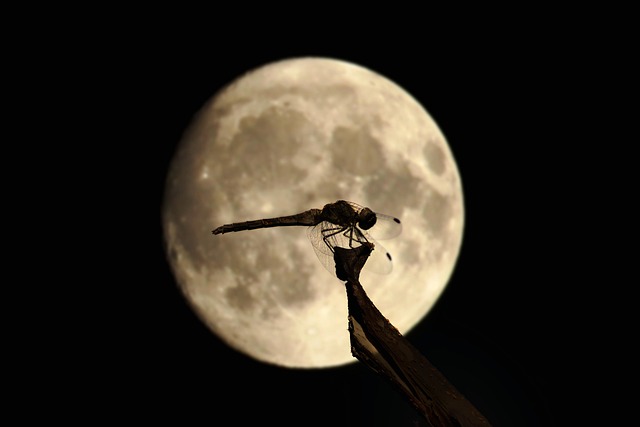The Invisible Work Force of the Natural World
Every day, we walk by them without a second glance. These tiny creatures animate every corner of our planet, known collectively as insects. Despite their often-underestimated presence, insects are the unsung heroes of ecosystems, providing essential services that sustain life as we know it. From the pollination of our crops to the decomposition of organic matter, insects in nature perform vital roles that are indispensable to the environment.
The Architects of Biodiversity
Insects are the architects of biodiversity, their lives intricately intertwined with the environment and other animals. Their sheer numbers and variety—over a million known species—contribute significantly to ecological balance. Butterflies and bees, for instance, are crucial pollinators; without them, many flowering plants, including crucial agricultural crops, would fail to reproduce. These winged marvels flit from flower to flower, transferring pollen and enabling the growth of fruits and seeds.
The Earth’s Recyclers
For all the beauty they bring through pollination, insects also play a grittier, yet equally critical role as the planet’s natural recyclers. Detritivores like beetles, ants, and termites break down dead plants and animals, decomposing these materials and recycling nutrients back into the soil. Without these efficient recyclers, the ground would be choked with organic matter, rendering habitats inhospitable and disrupting nutrient cycles.
The Prey and Predators
In the intricate food web of nature, insects occupy every possible niche, serving as both prey and predators. While they provide a crucial food source for many birds, mammals, amphibians, and reptiles, they also excel as predators, controlling populations of other small creatures and thus maintaining ecological equilibrium. Ladybugs, with their voracious appetite for aphids, are celebrated as natural pest controllers in gardens and farms alike.
The Inspiration We Overlook
In addition to their environmental roles, insects have inspired countless innovations in human technology and science. Advances in biomimicry have drawn from the ingenuity of insects; think of the precise architecture of a wasp’s nest or the way certain kinds of beetles change color. These inspirations extend into the realms of medical research, robotics, and even material sciences.
A Call to Appreciate Nature’s Tiny Wonders
Understanding insects’ profound impact on nature empowers us to adopt more sustainable and respectful practices that safeguard these integral components of biodiversity. By recognizing and appreciating insects for the marvels they are, we can foster a more harmonious relationship with the natural world, ensuring that these tiny wonders continue to thrive and support life on Earth.




